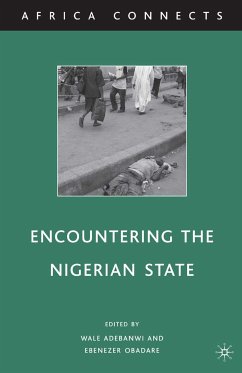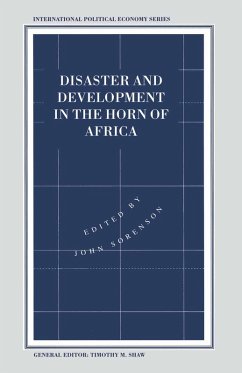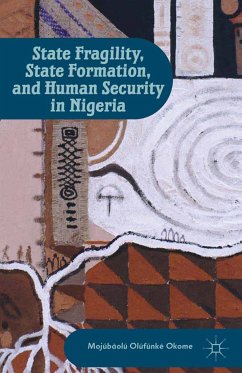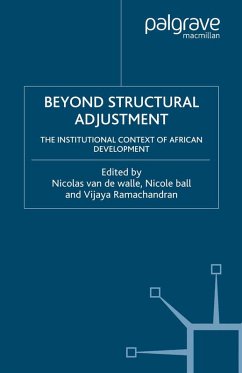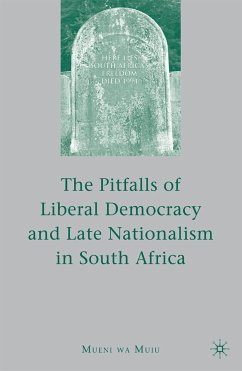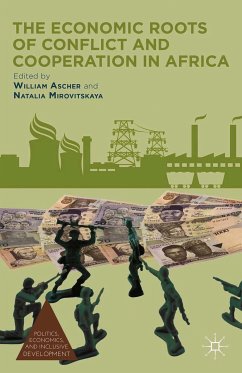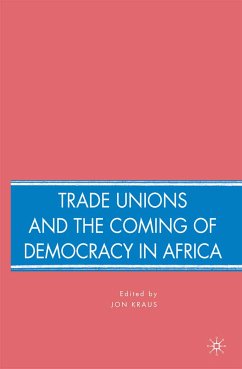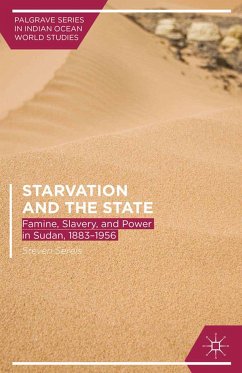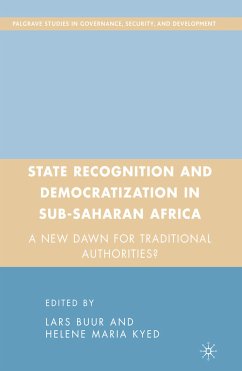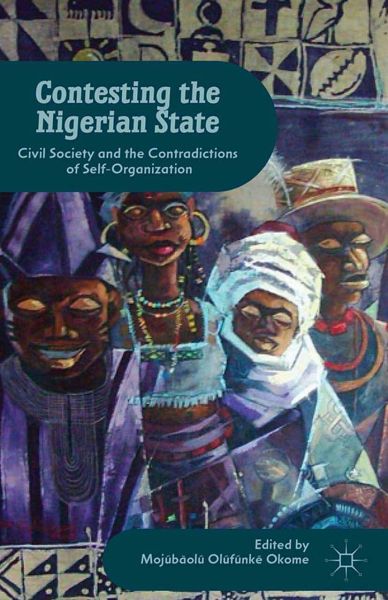
Contesting the Nigerian State (eBook, PDF)
Civil Society and the Contradictions of Self-Organization
Redaktion: Okome, M.
Versandkostenfrei!
Sofort per Download lieferbar
40,95 €
inkl. MwSt.
Weitere Ausgaben:

PAYBACK Punkte
20 °P sammeln!
In public choice theory, the received wisdom has long been that self-organization is an impediment to collective action, whether via the tragedy of the commons or a Hobbesian scenario in which self-interest produces social conflict rather than cooperation. Yet as this fascinating collection shows, self-organization and state-society relations have been much more complicated in the context of contemporary Nigerian politics. Given the absence or unwillingness of the Nigerian state to provide essential services, entire communities have had to band together to repair roads, build health centers, a...
In public choice theory, the received wisdom has long been that self-organization is an impediment to collective action, whether via the tragedy of the commons or a Hobbesian scenario in which self-interest produces social conflict rather than cooperation. Yet as this fascinating collection shows, self-organization and state-society relations have been much more complicated in the context of contemporary Nigerian politics. Given the absence or unwillingness of the Nigerian state to provide essential services, entire communities have had to band together to repair roads, build health centers, and maintain public utilities, all from levies. The successes, failures, and ongoing challenges faced by Nigerian society provide valuable insights into the state's capacity, its relationship with civil society, and the social, economic, and political well-being of its citizens.
Dieser Download kann aus rechtlichen Gründen nur mit Rechnungsadresse in A, B, BG, CY, CZ, D, DK, EW, E, FIN, F, GR, HR, H, IRL, I, LT, L, LR, M, NL, PL, P, R, S, SLO, SK ausgeliefert werden.



